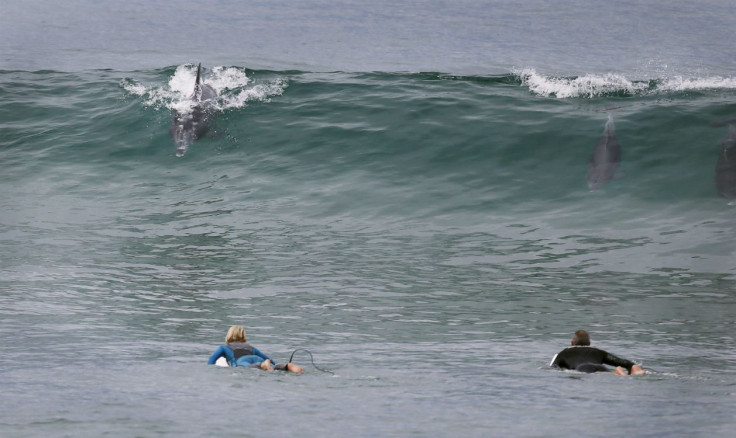Marine species killed by shark nets, treaty negotiations underway

Shark mitigation measures, notably the use of nets, continue to harm various marine species in the north coast of New South Wales. The marine life killed that have been killed due to such measures included threatened marine turtles, dolphins and grey nurse sharks.
While a handful that got entangled in NSW shark nets during the period covering 2015 to 2016 were released alive, several white sharks, bottlenose dolphins and common dolphins died. Environmentalists and organisations like Humane Society International Australia have been batting for the most effective, non-lethal shark mitigation strategies for some time now.
The shark net trial is not among those. In March, Humane Society International (HSI) Australia presented to a senate inquiry into Shark Mitigation and Deterrent Measures calling for the adoption of non-lethal strategies.
The use of shark nets that have snuffed the lives of non-target species and caught targeted sharks is a flawed approach, HSI said in its recent newsletter. Nets tend to catch and kill more threatened marine life than sharks, said Justin Field, NSW marine environment spokesperson said.
On his website, Field noted the report of the NSW North Coast Shark Mesh Net Trial. The report found out that the five nets across the NSW North Coast are a failure since no target sharks species are caught. Instead, large numbers of precious marine life get killed.
The report specified that threatened species such the Great Hammerhead and endangered animals including a Loggerhead Turtle were killed in the nets. Three months into the trial, nearly half of marine species caught in nets are still dying.
In other news, HSI Communications Coordinator Benjamin Vozzo disclosed to International Business Times Australia that negotiations are currently underway at the United Nations Headquarters in New York for a new treaty to protect the high seas. The discussions are for a new treaty to protect marine wildlife on the open oceans.
The new legally binding instrument would be intended to protect the myriad of marine life living in the open oceans beyond the jurisdictions of individual governments. “The new treaty would fill the great global governance gap we currently have over half of our planet,” said Alistair Graham, HSI’s representative attending the negotiations.
“The open oceans belong to all of mankind and the animals we share them with. It is crucial for the future of our planet that we avert the greatest ever tragedy of the commons,” stated Nicola Beynon, HSI Head of Campaigns.






